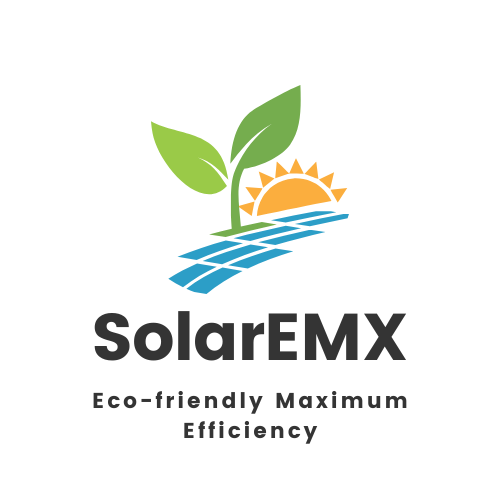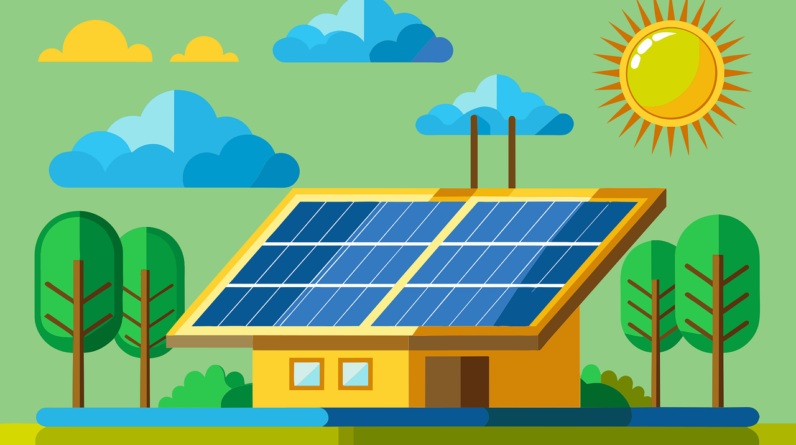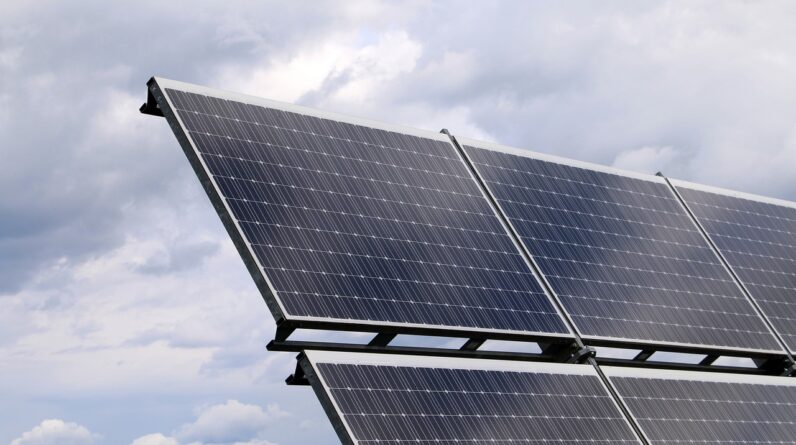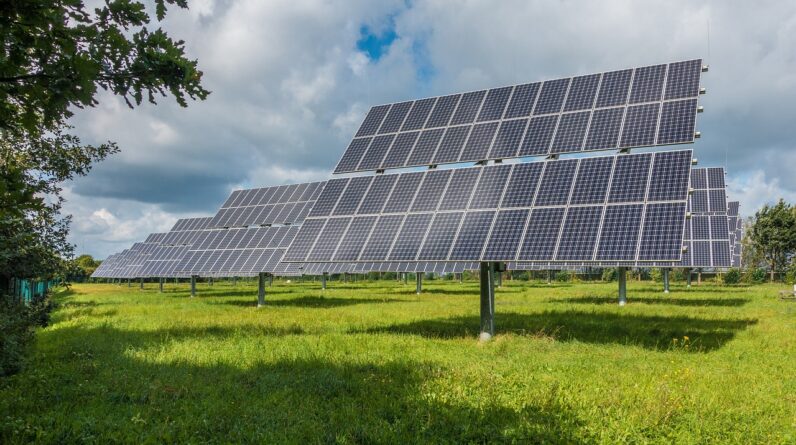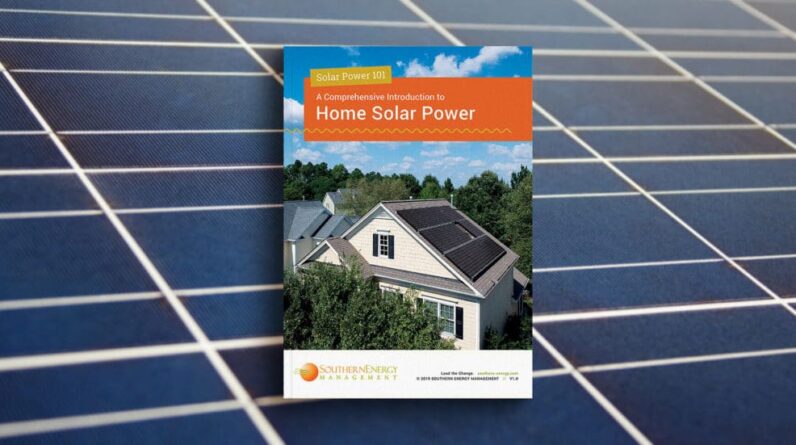
Discover the essentials of solar panels for first-time buyers! Learn how they work, types, costs, and tips for a successful solar energy transition.
Have you ever wondered how solar panels can turn sunlight into electricity for our homes? It’s pretty fascinating how this technology works and how it can change our energy consumption drastically. For those of us considering a switch to solar energy, understanding the complexities can feel overwhelming. But don’t worry! We’re here to guide you through the essentials of solar panels, making the journey to becoming a solar panel owner a little smoother.
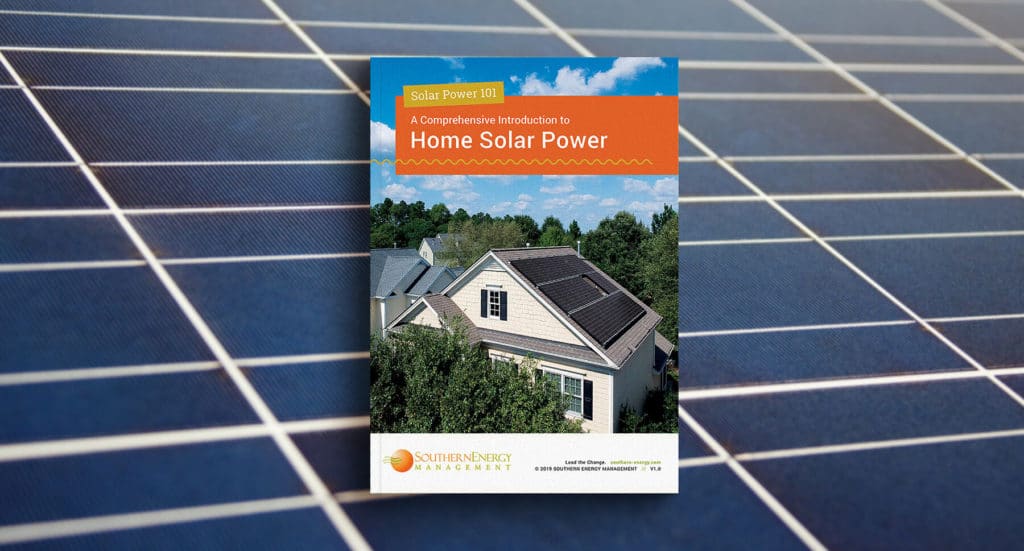
This image is property of southern-energy.com.
Understanding Solar Panels
Solar panels are devices that convert sunlight into electricity. At their core, these panels are made up of many solar cells that work together to capture and convert solar energy. This clean, renewable energy source helps us reduce our carbon footprint and lower our electric bills.
How Solar Panels Work
The basic principle behind solar panels is the photovoltaic effect. When light hits the solar cells, it excites electrons, creating an electrical current. This current can be harnessed to power our homes or be fed back into the grid. Here’s a breakdown:
| Step | Description |
|---|---|
| 1 | Sunlight hits the solar cells. |
| 2 | Photons from the sunlight excite electrons in the silicon cells. |
| 3 | Excited electrons create a flow of electricity. |
| 4 | The electricity is converted into usable power for our homes. |
Having a clear understanding of how solar panels function helps us appreciate their potential to generate energy and save us money over time.
Types of Solar Panels
When shopping for solar panels, we’ll come across several different types. Each type has its own unique features, efficiency levels, and costs. The three main types of solar panels are:
1. Monocrystalline Solar Panels
Monocrystalline solar panels are made from a single crystal structure. They are known for their high efficiency and longevity. Their efficiency rating can range between 15% to 22%, making them one of the most effective options on the market.
Pros:
- Higher efficiency and power output.
- Longer lifespan (typically 25 years or more).
- Space-efficient due to higher energy production.
Cons:
- Generally more expensive than other types.
- Performance can decrease in high temperatures.
2. Polycrystalline Solar Panels
Polycrystalline solar panels consist of multiple silicon crystals. They are typically blue in color and tend to be slightly less efficient than their monocrystalline counterparts.
Pros:
- Lower cost compared to monocrystalline.
- Less energy waste during production.
Cons:
- Slightly lower efficiency (around 13% to 16%).
- Takes up more space due to lower power output.
3. Thin-Film Solar Panels
Thin-film solar panels are made by stacking several thin layers of photovoltaic material. They are lightweight, flexible, and can be applied to various surfaces, including curved ones.
Pros:
- Lightweight and flexible, which allows for versatile installations.
- Generally lower cost.
Cons:
- Lower efficiency (around 10% to 12%).
- Requires more space to produce the same amount of energy.
Understanding the differences between these types helps us decide which panel suits our needs best.
Factors to Consider Before Buying Solar Panels
When we’re ready to purchase solar panels, there are several important factors to consider. These elements will help ensure that we make an informed decision.
Energy Needs
Knowing our energy needs is essential. We begin by looking at our electricity bills to determine our average usage. This will help us estimate how many solar panels we’ll need to meet our energy demands.
Budget
Setting a budget is crucial before diving into the solar market. Solar panel prices can vary significantly based on their type, brand, and installation costs. We should also factor in potential incentives and rebates available for solar purchases.
Roof Condition and Orientation
Our roof plays a vital role in the efficiency of solar panels. Ideally, our roof should be in good condition, with adequate space and a south-facing orientation to capture the most sunlight. If we’re unsure, consulting a professional for a roof assessment is a wise move.
Local Climate
Understanding our local climate and its impact on solar efficiency is important. We should consider how often the sun shines in our area and whether our location experiences frequent storms or heavy snowfall that could affect solar panel performance.
Installation and Maintenance Costs
The cost of installing solar panels can often be just as significant as the panels themselves. It’s essential to research installation companies, read reviews, and get multiple quotes. Additionally, we should inquire about maintenance requirements. Most solar panel systems are relatively low maintenance, but it’s good to know what to expect.
Financial Incentives
Don’t forget to check for financial incentives, such as federal or state tax credits, rebates, and grants. These can significantly reduce the overall cost of our solar panel investment, making them more affordable.
Choosing a Solar Installer
Finding the right solar installer can greatly influence our solar experience. We need to look for reliable, experienced professionals to ensure our system is installed correctly.
Research Installer Options
Start by researching local solar installers. Look for companies with positive reviews, a good track record, and an array of completed projects. We can check websites like Yelp or use Google to read customer experiences.
Get Multiple Quotes
Before making a decision, we should request quotes from at least three different installers. This will give us a sense of the price range, enabling us to make an informed choice. Comparison can help us understand the details of each offer, such as warranty terms and equipment specifications.
Check Credentials and Experience
It’s important to choose an installer with appropriate licensing and certifications. We should ask about their experience in the industry and previous solar panel installations. A well-established company with a solid reputation is likely to provide the quality service we need.
Understand Warranty and Support
Every solar panel installation should come with a warranty. We need to clarify what the warranty covers—whether it includes the panels, inverter, or installation. Additionally, knowing who to contact for support or repairs down the line is essential.
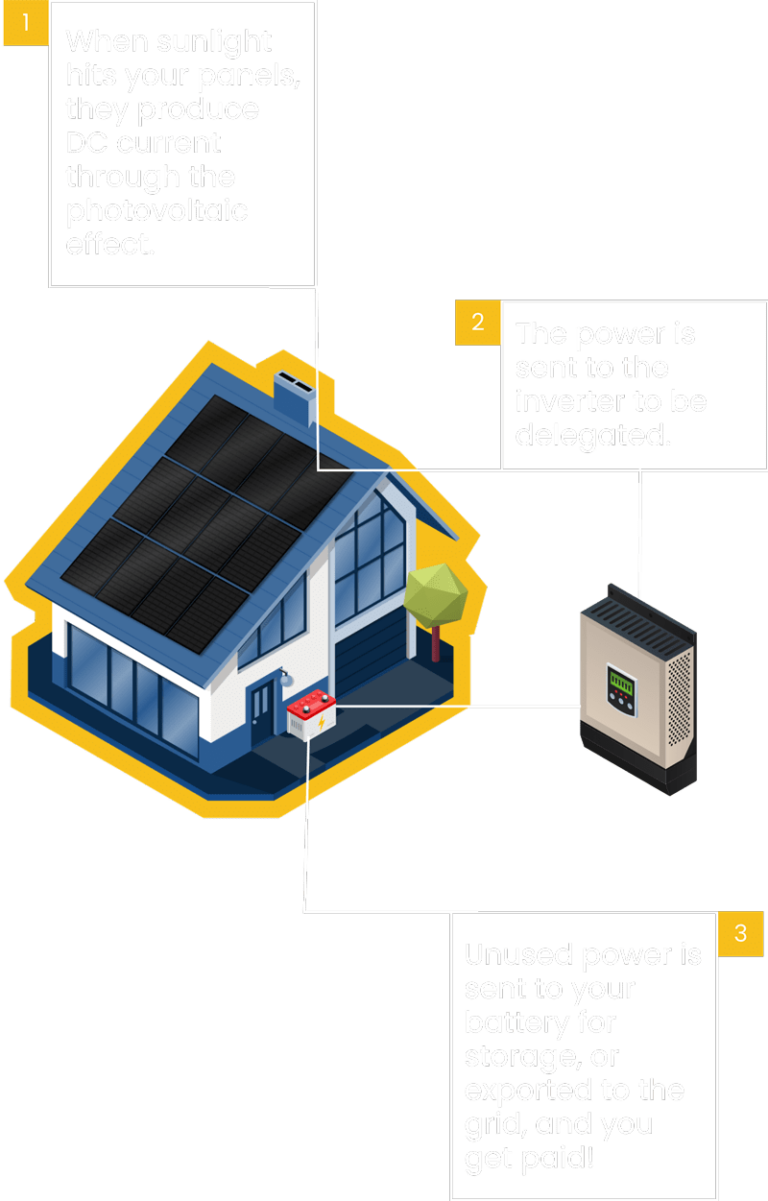
This image is property of www.joinesp.com.
The Financial Side of Solar Panels
Investing in solar panels is undoubtedly a financial undertaking, but it’s essential to weigh the immediate costs against the long-term savings and potential revenue.
Upfront Costs
The upfront cost for solar panel systems can vary widely. Factors influencing pricing include the type of panels, installation labor costs, and any additional equipment like inverters and batteries. On average, residential solar panel systems can cost anywhere from $15,000 to $30,000 before incentives.
Solar Financing Options
Many financing options are available for those who cannot pay the full price upfront. Here are a few common options:
| Financing Type | Description |
|---|---|
| Loans | Personal loans or solar-specific loans help spread the cost over time. |
| Leases | In a solar lease, we pay a fixed monthly fee to use the panels without owning them. |
| Power Purchase Agreements (PPAs) | We pay for the power generated by the panels instead of purchasing them outright. |
Researching these options can help us find a financing plan that best suits our budget and financial situation.
Incentives and Rebates
Many regions offer incentives to encourage solar adoption. These can significantly lower our overall costs. Federal tax credits, local rebates, and state-specific programs can add up. We should always stay informed about the available options by checking with our local government and financial institutions.
Long-term Savings
Clients often underestimate the savings associated with solar energy. Monthly electric bills will decline, and in many cases, systems can pay for themselves in 5 to 10 years through energy savings. Solar panels can also increase property value, making them a sound investment.
Environmental Impact
Finally, we shouldn’t ignore the positive environmental impact of switching to solar. By harnessing clean energy, we reduce our reliance on fossil fuels and help combat climate change. Our choice to invest in solar energy contributes to a more sustainable future for everyone!
Understanding Incentives: Federal and State Programs
It’s essential to familiarize ourselves with different incentives available for solar panel installation. Understanding these programs can provide us with financial ease when making our investment.
Federal Solar Tax Credit
The Federal Solar Investment Tax Credit (ITC) is one of the most significant incentives available. Currently, it allows homeowners to deduct 26% of the cost of their solar systems from their federal taxes. This percentage is set to decrease in the coming years, so acting sooner can lead to substantial savings.
State Incentives
Many states have their own incentives program to support solar installations, including rebates and tax credits. Each state has different offerings, so researching local programs will help us take full advantage.
Here’s a general breakdown of types of state incentives:
| State Incentive | Description |
|---|---|
| Cash Rebates | Upfront cash rebates based on the system’s size or performance. |
| Sales Tax Exemptions | Exemptions on sales tax for purchasing solar equipment. |
| Property Tax Exemptions | Exemptions preventing the increase of property taxes due to solar panel installation. |
Keeping track of all these options can lead to significant savings for us!

This image is property of solarmagazine.com.
How to Maintain Our Solar Panel System
Once we’ve made the leap and installed solar panels, keeping them in good condition is essential to maximize energy production.
Regular Cleaning
We should periodically clean our solar panels to remove dust, debris, and bird droppings. Dirty panels can significantly reduce their efficiency. In many cases, though, rain can do the job for us. If we live in a particularly dusty area, we might need to schedule cleaning at least a couple of times per year.
Regular Inspections
Having regular inspections done by a professional can help identify any potential issues early on. It would be best to check for physical damage, loose connections, or any electrical issues.
Monitoring System Performance
Many modern solar panel systems come with monitoring software that provides insights into how our system performs. This real-time data helps us track energy production and identify any declines in efficiency.
Know What to Watch For
Being aware of the common signs of problems can save us headaches later. If we notice any significant drops in production or if the inverter shows warning signs, it’s time to consult a professional.
Conclusion
Transitioning to solar energy is an exciting journey for many of us. The choice to invest in solar panels not only benefits our wallets, making energy more affordable, but it also plays a crucial role in promoting a sustainable future. By understanding the workings, different types, costs, and processes involved when buying solar panels, we’re well-equipped to make informed choices.
The great news is that we aren’t alone on this journey! There are resources, professionals, and communities that can support us in making the best decision. So, when we’re ready to harness the sun’s power, we’ll have a solid foundation to build upon. Embracing solar energy is a step towards better energy independence and a greener planet!
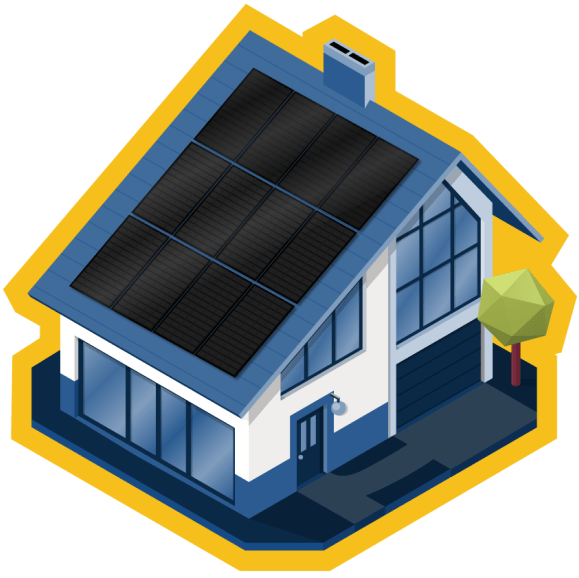
This image is property of www.joinesp.com.
